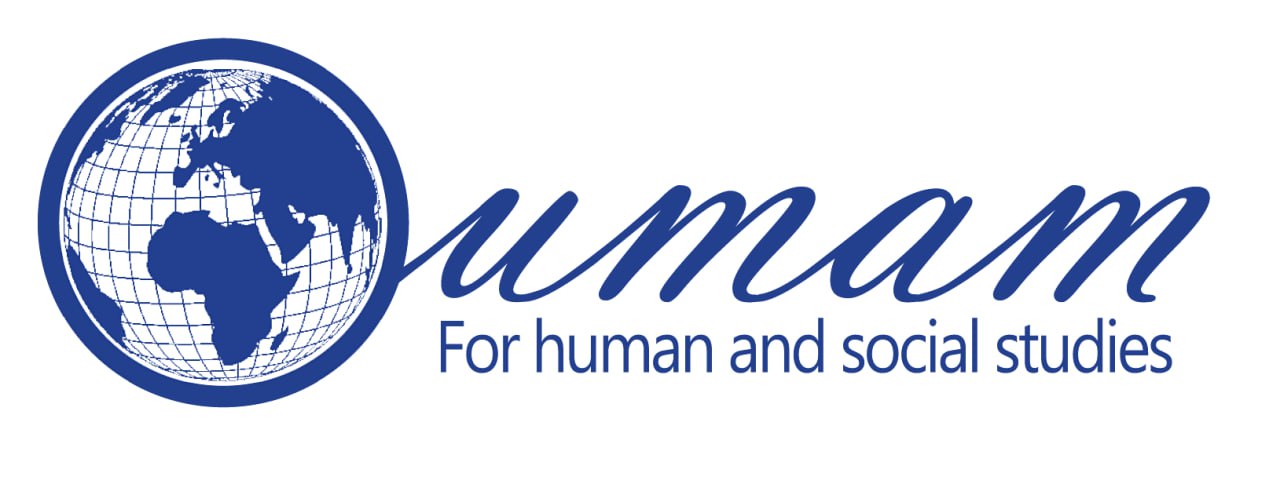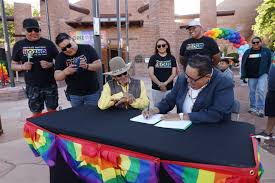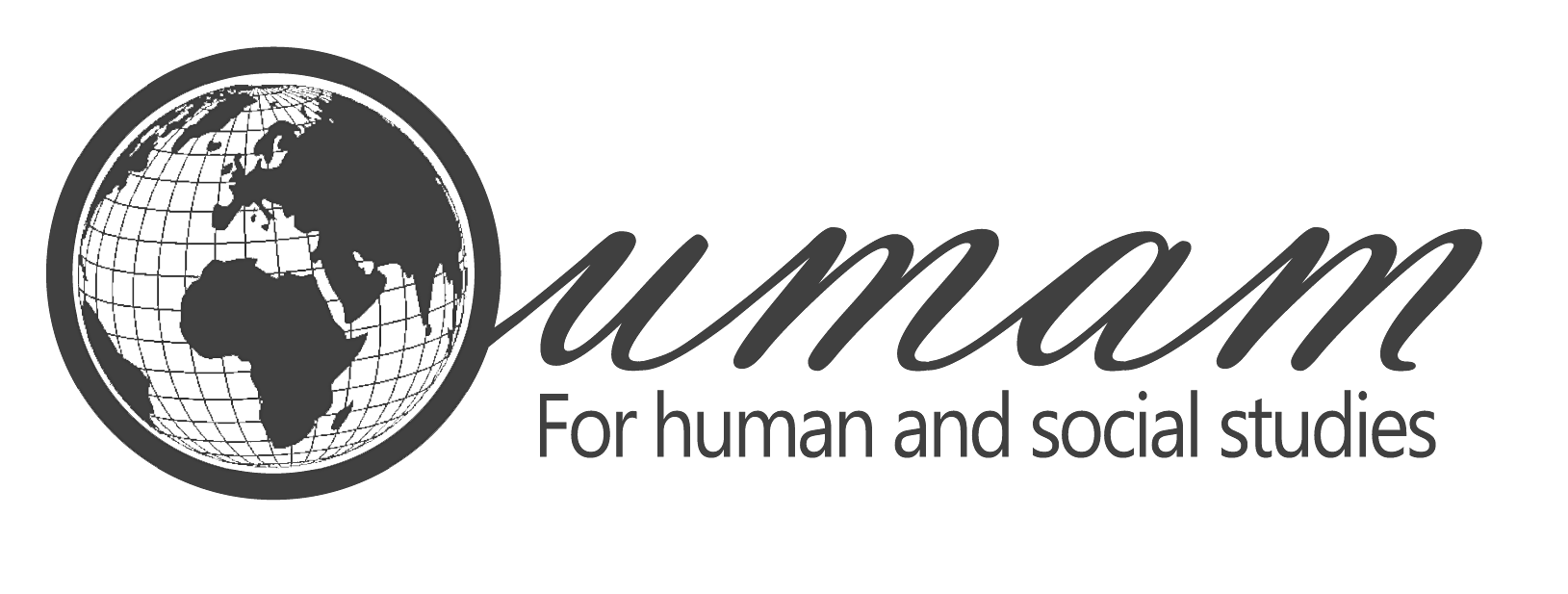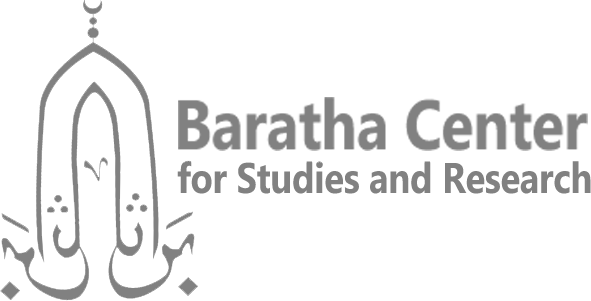These “missionary”
tasks and the media speeches (messages) -produced by this movement, and the
organizations it represents- are what constitute what may be called the “dream
of internationalism” for perverts, who see it as an assimilation project to quickly
catch up, especially in the Eastern countries, which are considered relatively
late in this international assimilation project, especially in the Arab and Islamic
worlds.
On our side, we see that this “Orientalist” motive, to direct all branches of
academic research and media content about perverts' s society and rights, is
one of the missionary tasks to find bases for the dream of international perverts,
where there is an increasing bet on attacking the collective consciousness of
specific peoples, to spread ideologies that are completely different from their
culture and social and economic context, by targeting special recipients, such
as children and adolescents. Therefore, it is important to interpret the Western
media speech (message), to monitor the extent to which it is able to distance
Arab and Islamic identity from its goals, and to show any counter-movement as
something defective and contradictory to modernity





Comments